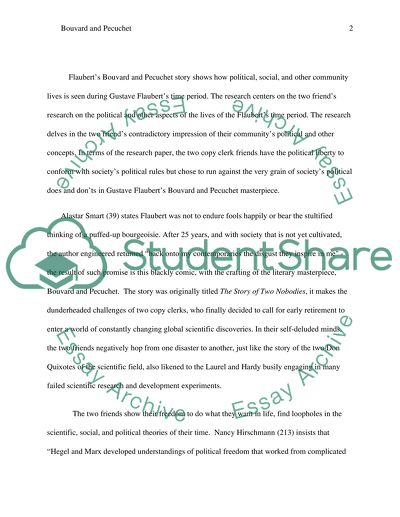Cite this document
(“Theory vs. Practice: the contrast of Politics in Bouvard and Pecuchet Research Paper”, n.d.)
Retrieved from https://studentshare.org/history/1396823-theory-vs-practice-the-contrast-of-politics-in
Retrieved from https://studentshare.org/history/1396823-theory-vs-practice-the-contrast-of-politics-in
(Theory Vs. Practice: The Contrast of Politics in Bouvard and Pecuchet Research Paper)
https://studentshare.org/history/1396823-theory-vs-practice-the-contrast-of-politics-in.
https://studentshare.org/history/1396823-theory-vs-practice-the-contrast-of-politics-in.
“Theory Vs. Practice: The Contrast of Politics in Bouvard and Pecuchet Research Paper”, n.d. https://studentshare.org/history/1396823-theory-vs-practice-the-contrast-of-politics-in.


